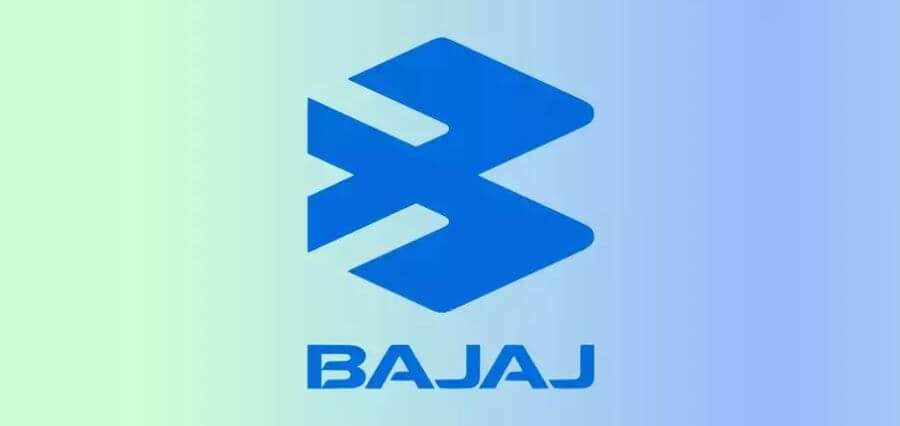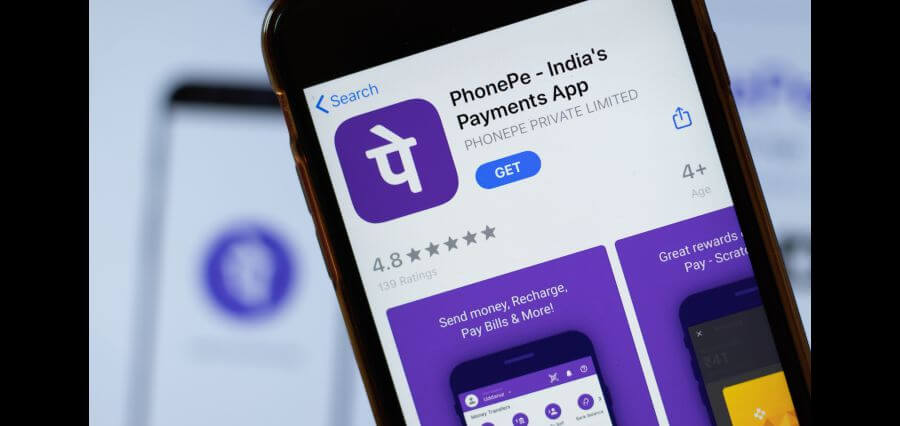In November, Bajaj Finance was compelled to stop issuing loans via “eCOM” and “Insta EMI Card” when the RBI discovered that it had omitted information in its key fact statement on fees, charges, and recovery procedures.
The largest non-banking financial company (NBFC) in the nation, Bajaj Finance, saw a 7% increase in its stock price during the first hour of trading on Friday. This came one day after the Reserve Bank of India (RBI) removed restrictions on loan issuance through its two main digital lending platforms, “eCOM” and “Insta EMI card.”
As of 9:42 a.m., Bajaj Finance was up 6.98% from the close of the previous day, trading at ₹7,362.9.
On November 15, the central bank imposed limits on eCOM and InstaEMI cards, citing purported non-compliance with regulations regarding the information that must be supplied to users. The NBFC was charged with omitting information from its main fact statement, including fees, levies, and recovery procedures.
Consequently, Bajaj Finance was compelled to stop issuing loans via the two platforms. With the Insta EMI Card, consumers can buy a variety of products, including electronics and consumer goods, on equal monthly installments with a customizable payback period. Similar advantages are provided by the eCOM option when making purchases on online retailers like Amazon and Flipkart.
“Now, we wish to inform that the RBI, vide its letter dated May 2, 2024, based on the remedial actions taken by the company, has conveyed its decision of lifting the said restrictions on eCOM and online digital ‘Insta EMI Card’, with immediate effect,” Bajaj Finance said in a regulatory filing. “The company would now resume sanction and disbursal of loans in the above two business segments including issuance of EMI cards,” it added.
Bajaj Finance was affected by the RBI embargo, as seen by the company’s 4% sequential fall in pre-tax profit for the March quarter. When the limits were put in place, the value of the NBFC’s stock fell by around 5% as well.
Investors at Bajaj Finance were worried after the RBI took action since the HDFC Bank had just had a similar restriction lifted a year later.
In the meantime, last week Bajaj Finance released its results for the quarter that concluded on March 31, 2024. To ₹3,825 crore, the net profit increased 21% year over year.
The company’s shares closed at ₹6,882.7 apiece on the NSE on May 2, down 0.59% from the closing price of the day before.
Read More : Click Here





